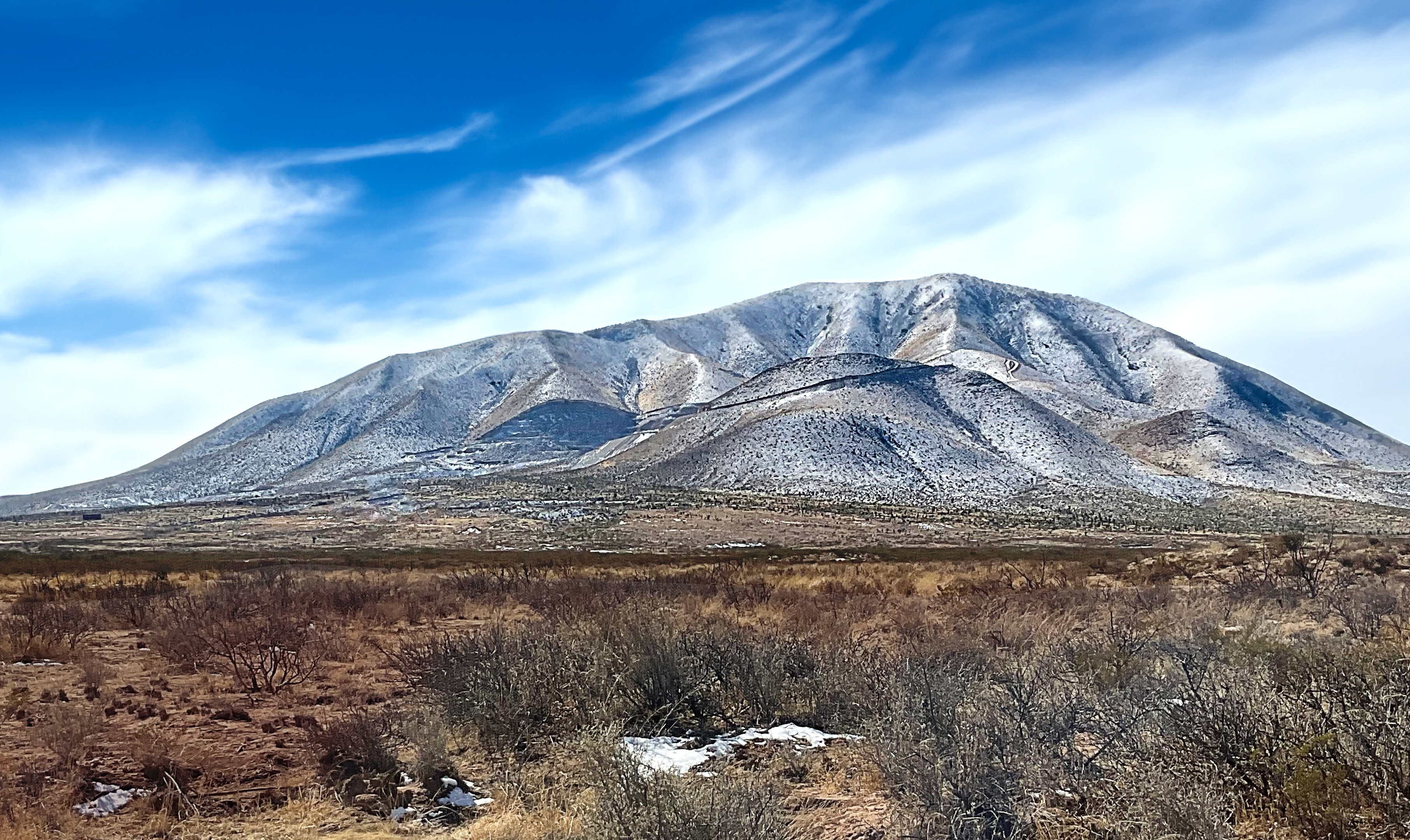
The Texas General Land Office is responsible for oversight and management of Permanent School Fund (PSF) land which is held and managed in a trust for state public education. The Leasing Operations Division is responsible for the leasing, inspection, and management of the PSF surface estate. Leasing activities provide revenue generation through prudent use and protection of state natural resources. The division has two areas of emphasis consisting of the management of the surface estate and issuance of right-of-way easements. This division also handles wind and solar energy leasing but is not actively pursuing these leasing types at the present time.
Surface Leases are issued for grazing, hunting, crop production, recreation, timber management, and some commercial purposes pursuant to Texas Natural Resources Code §51.011, 51.121 and 51.292. Field evaluations are conducted on PSF lands to ensure that lease and easement holders are compliant with the terms and conditions of contractual obligations.
Miscellaneous Easements are issued on state-owned upland tracts and coastal submerged lands and other navigable waterways for projects which require right-of way access, across, under, or over state-owned lands, pursuant to Texas Natural Resource Code §51.291. Easement contracts typically cover activities such as oil and gas pipelines, subsurface easements, water lines, power lines, fiber optic lines, roads, and certain other structures and uses, for the purposes specified in the contract.











